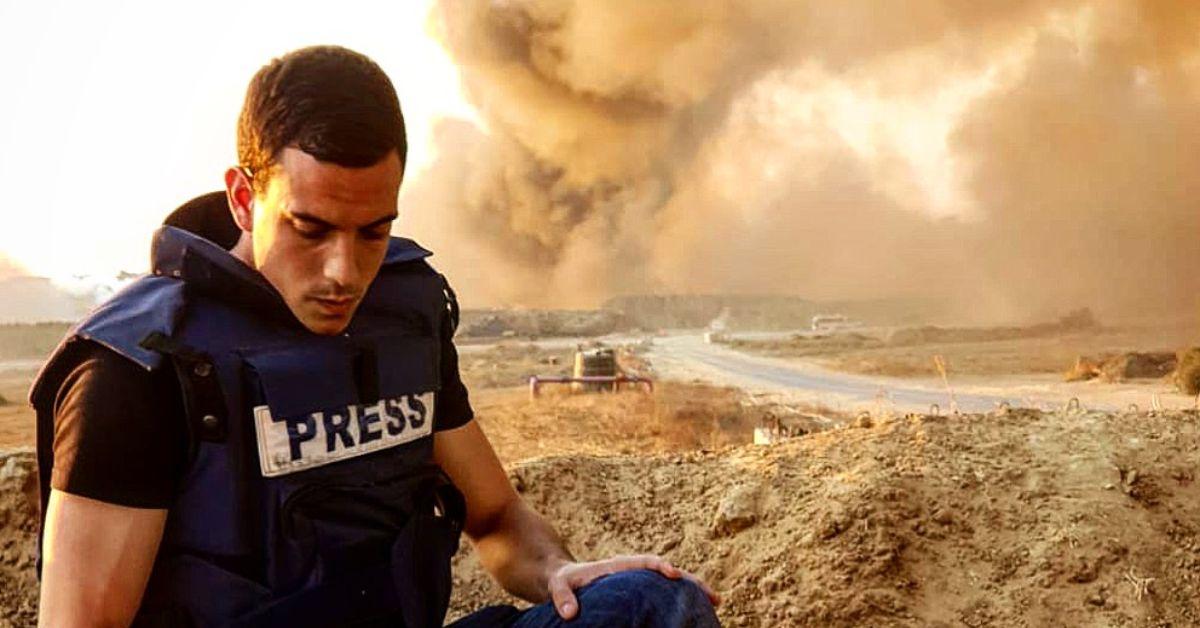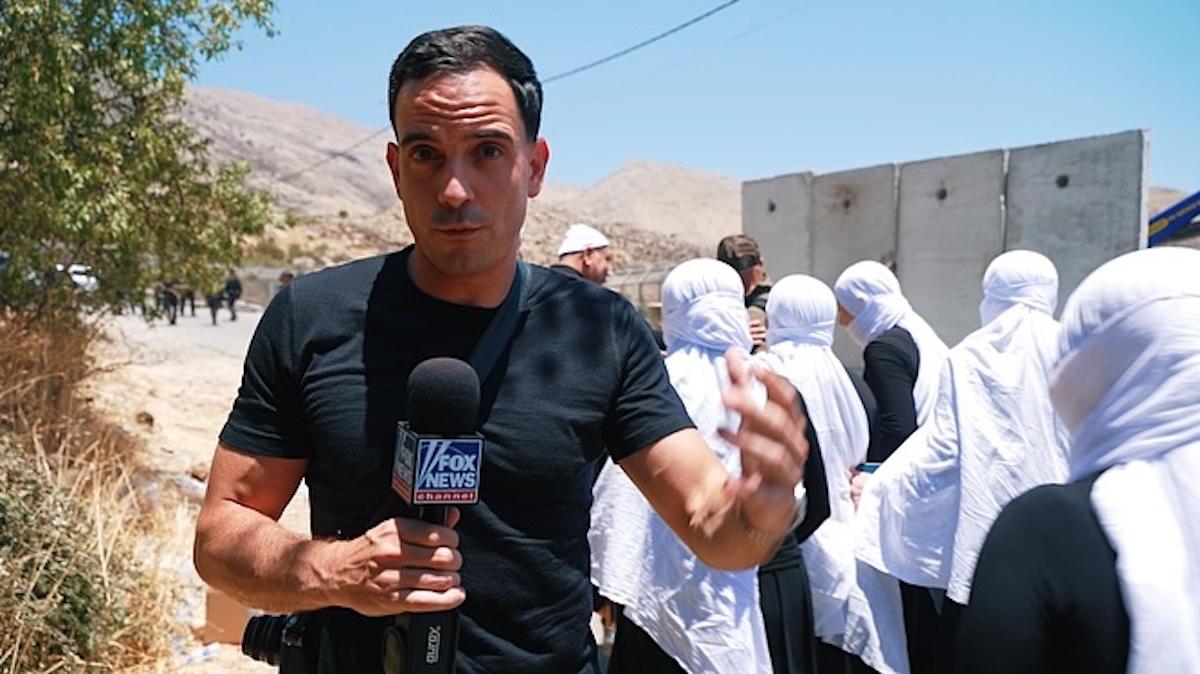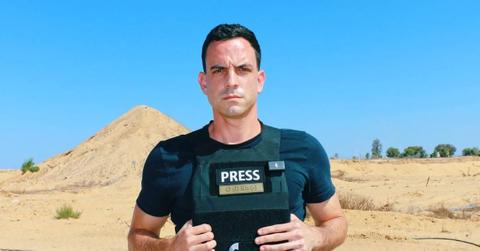Trey Yingst's Decade as a War Correspondent Has Led Him to Suffer From PTSD
Trey Yingst knows he's got mental health issues thanks to his time as a war correspondent.
Published July 23 2025, 5:14 p.m. ET
Fighting in a war is a traumatic experience, as anyone who has been through war and also plenty of therapy will likely tell you. What's also true, though, is that those who cover wars for a living are traumatized in their own ways by the atrocities that they're responsible for bringing home to their audiences.
Trey Yingst is a foreign correspondent for Fox News, and after more than a decade of covering conflicts all over the world, he's also opened up about the way those conflicts have affected his mental health.
Here's what we know about what happened to him:

What happened to Trey Yingst?
In speaking with People in 2024, Trey recalled being in Israel when Hamas attacked the country on October 7, 2023, and said that that incident was when he first started to consider the toll his work had taken on his mental health.
Trey said that he had been diagnosed with post-traumatic stress disorder, and that certain sights and smells could trigger it.
“When you come back from a reporting assignment and you're cleaning other people's blood off the bottom of your boots… you don't learn this in journalism school,” he explained. “Small things like seeing a coffee stain on the ground. It looks like blood that was on the ground in these houses that we went into. It's quite a sad thing."
Trey added that he sometimes struggles to balance his work and personal life because of the stakes of his job.
“My focus for the past year has been what's going on inside Gaza? What is the military saying about a strike that was conducted? How many civilians were killed? How many militants were killed? And then when you go to a wedding, you have to talk about the weather and what people did over the last week, and that can feel really isolating,” he said.
Trey also opened up about prioritizing his own mental health, even as he covers people who are dealing with more extreme suffering.
“There's so much suffering and I tried to capture everything from a very empathetic lens,” he explained. “I try to really humanize the story, understanding that if I'm having trouble with my mental health just covering the story, how must the people who are living through this hell on earth feel? So I try to keep that in mind.”

Trey's personal struggles are not uncommon for war correspondents, who often see just as much as soldiers who go through battle themselves.
Even though he knows it takes a toll on his mental health, though, Trey has continued to report on Gaza for Fox.
Although he reports for a conservative news outlet, Trey's coverage has generally been quite sympathetic to the Palestinians, perhaps in part because the realities of the conflict are difficult to disguise when you're reporting on the ground.
For all the trauma he's endured, he knows that those suffering in that conflict are struggling even more.
